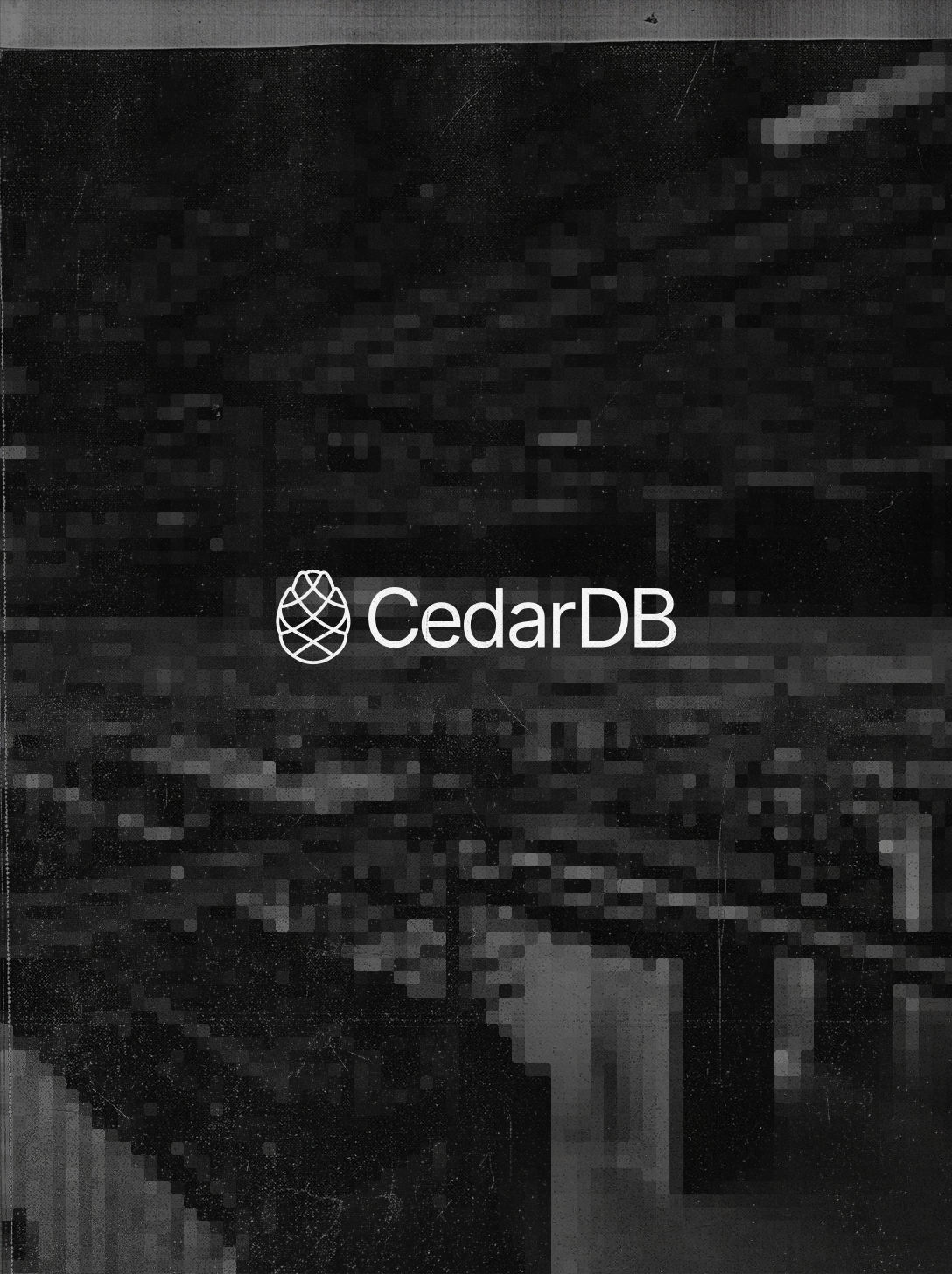.avif)
Our Investment in Continual
The promise of machine learning in the enterprise has been a story of hype, myth and ever-shifting goalposts (and budgets). The first wave of adopters put their faith in Big Data; insight would follow from volume and scale, many reasoned. Billions of dollars later, imagination severely outpaced reality. Data, we realized, is only as useful as the toolchain and expertise that makes meaning from it.
Quality, bespoke tooling and expert process soon separated the haves from the have-nots. Facebook, Google and other tech icons could easily afford to build teams and tools to meet the demand, and in many cases succeeded, sometimes wildly, putting machine learning into production. Meanwhile, the rest of the world could only watch in amazement and frustration as their own efforts of AI fell short.
Previous attempts startups and other vendors in this space have fallen short for different reasons, either focusing on the wrong problem (writing code is too hard → no-code machine learning) or adding layers of Escher-like complexity. These approaches have their merits, of course, but truly “democratizing” machine learning wasn’t one of them.
Continual offers a radically different perspective, built for the New Data Stack. Enterprises, Continual argues, shouldn’t face a (false) choice between childproof no-code solutions and baroque pipelines of bespoke and hard-to-maintain tooling. Simplicity is important, but so is production-grade tooling. Yet both are possible if we treat model development, deployment and monitoring as a continual whole that lives in Snowflake and other modern cloud-native data warehouses. Key to this is speaking the lingua-france of analytics, SQL (Continual goes one step further and integrates with dbt). The data warehouse then serves both as source and destination for predictions, meeting data teams where they work and in the language they speak.
Tackling a problem with as much history as machine learning lends itself well to seasoned founders working on their second act. Both Tristan Zajonc and Tyler Kohn have been building platforms and tools to help businesses use data more effectively. In fact, the first time we met Tristan was about seven years ago, when he was the founder of Sense, an enterprise data science platform. He went on to sell his company to Cloudera, where he helped shape machine learning and data science products. Coincidentally, we met Tyler around the same time we met Tristan, when he was co-founder of RichRelevance, a leading personalization provider. We’d have been excited to back either Tyler or Tristan individually on such a journey. Supporting them both leading Continual’s Seed Round was as clear a decision as any.




